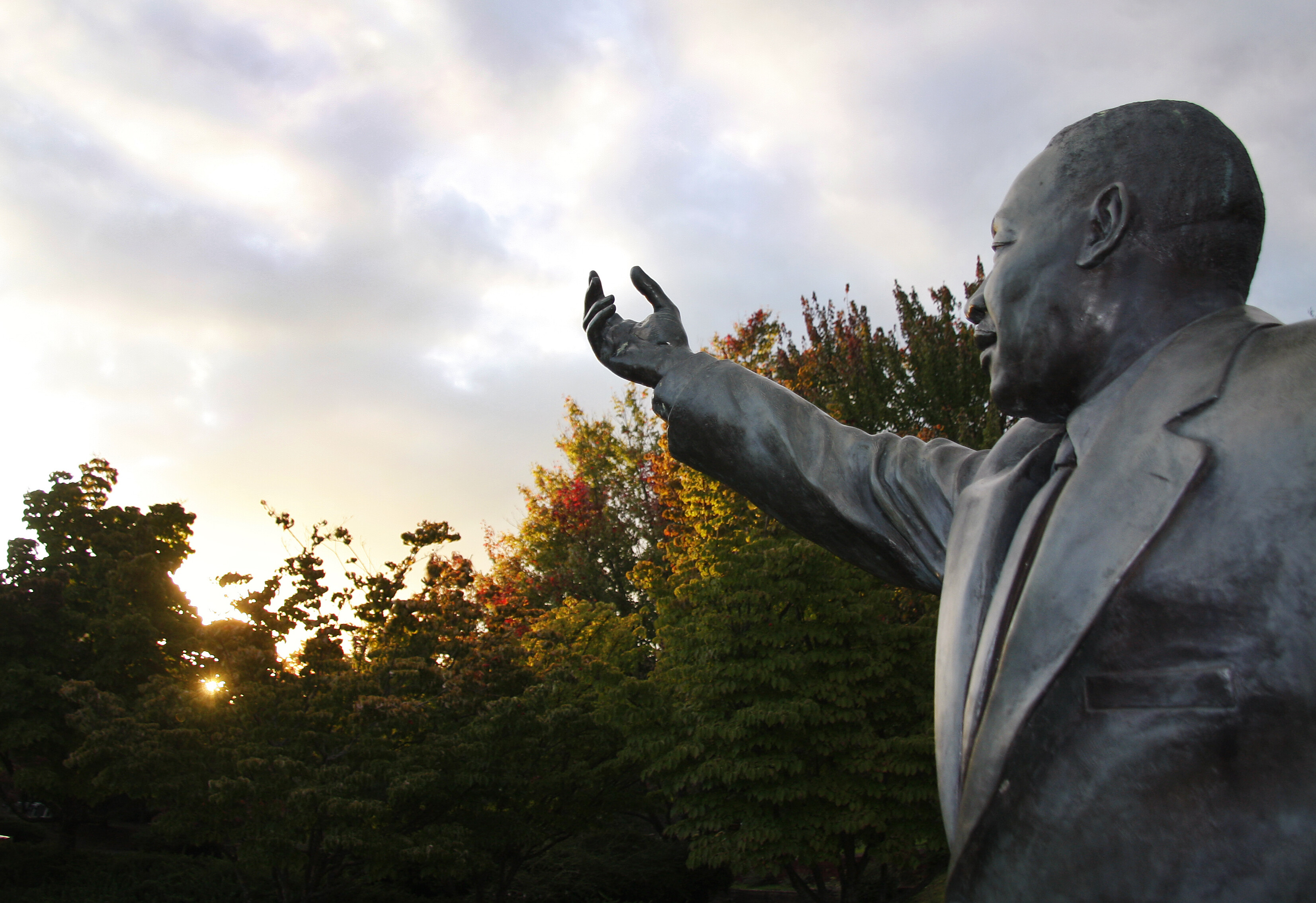Updated April 24, 2019
By Shay Manuela
Transcript correspondent
slmanuel@owu.edu
Next Spring, Ohio Wesleyan students will have the opportunity to literally walk in the footsteps of Rev. Martin Luther King Jr.
John Durst, associate professor of sociology and anthropology, and Professor of Education Paula White will be teaching a travel-learning course in Spring 2020.
The course, which is titled “The March Continues: The Current Fight for Justice and Equality,” will examine the civil rights movement through the lenses of social justice and activism.
A special focus will be placed on understanding the historical, cultural, economic, and political dynamics of inequality and the concepts of power, privilege, and intersectionality, according to the Ohio Wesleyan website.
Class members will be traveling to Mississippi and Alabama from March 7-14, 2020, where they will visit several sites along the National Civil Rights Trail. The trail, which spans across fourteen states, features locations that played a significant role in events of the Civil Rights Era.
The civil rights movement was a mass protest movement against racial segregation and discrimination in the southern United States, according to Britannica. The primary goal of the movement, that mainly took place during the 1950s and 1960s, was for African-Americans to gain equal rights under the constitution.
Sites that will be visited along the trail include the Edmund Pettus Bridge in Selma, Alabama; the Dexter Avenue Baptist Church, where Rev. Martin Luther King Jr. began his pastorate; the Rosa Parks Museum; the Southern Poverty Law Center; and The National Memorial for Peace and Justice, a memorial dedicated to victims of white supremacy.
One of the goals is for students to draw parallels between race relations of the past and present, Durst said.
“We look at these civil right struggles and racial tensions as something of the past, yet striking similarities remain evident today,” Durst said. “One could argue that since the civil rights movement ended, there has been a lack of progress. The story is not over.”
The desire lies in getting that point across, Durst said. “This course gives the opportunity to use history to ask students ‘this is what the racial disparity represented back then—how much farther are we today?’,” Durst said.
The main motivation for the course is to have the students feel the history, rather than just learning it, Durst said.
“I am a firm believer that when you stand on the Edmund Pettus Bridge, where nonviolent activists were beaten, it has an impact beyond simply reading a factual recollection of it,” Durst said.
The concept of travel-learning courses has been designed to give students the opportunity to connect classroom instruction to real-world experiences.
Merrick Mentor and junior Brandon Stevens said, “The travel-learning courses offer a guided experience to students to dig deeper into a topic with somebody who is an expert on the subject.”
Applications for the Spring 2020 travel-learning courses will be posted at the beginning of the Fall semester.
